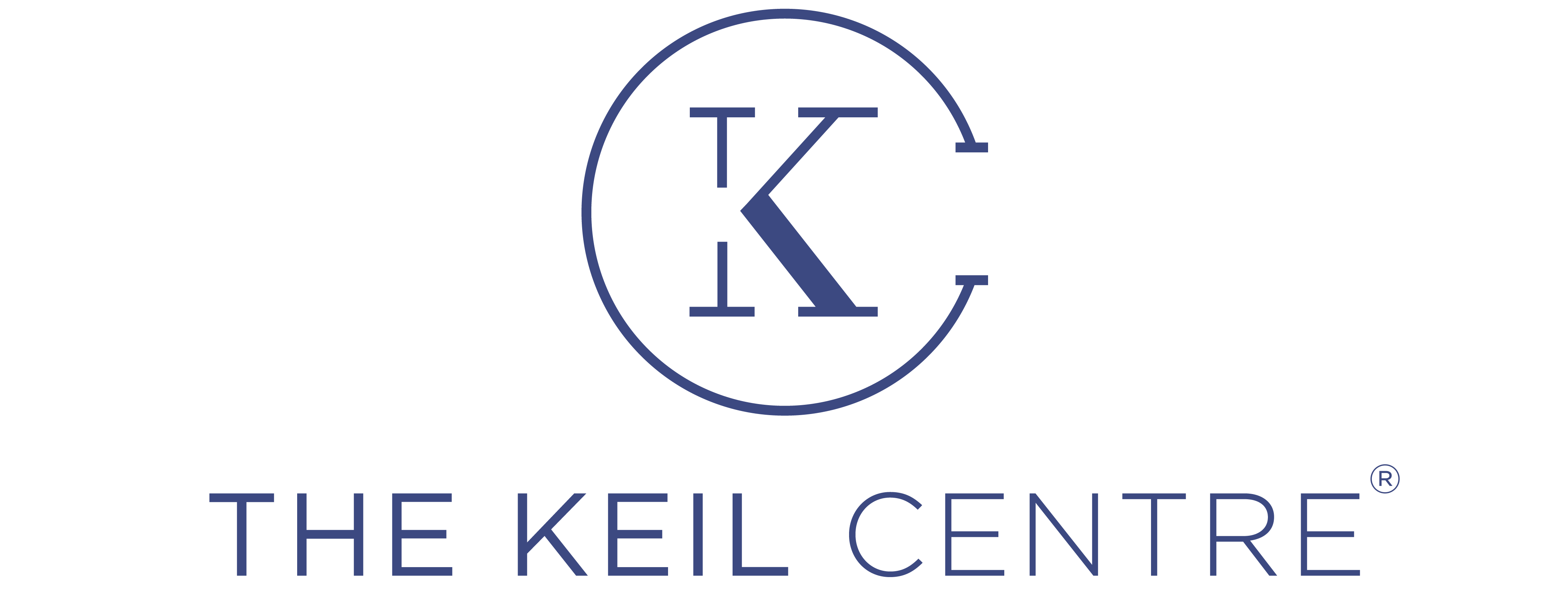Human Factors Awareness
Human factors is about designing work systems to optimise human performance, enhance safety, and reduce risk. The first step in managing human factors is learning about what it is and how it should be applied. We offer customisable Human Factors Awareness Training for all industries.
Who's it for?
Our courses are designed for people working in, designing for, and managing others in potentially hazardous workplaces, including:
- managers, supervisors, engineers, operators, incident investigators, HSE or hygiene advisors
- all industries – in particular, high-hazard industries
Our courses are customisable and can be run in-house or at our offices. Our awareness courses are typically half-day to three-day courses.
Benefits
Our training uses incident-based case studies and practical exercises to explain human factors relevant to your organisation.
The training covers:
- key human factors areas of safety and compliance in hazardous industries
- how human factors influences behaviour and performance
- methods, tools and approaches to identify and address human factors issues
Find out more
Our team are happy to provide more information. Please click on the relevant button below to contact us.
Our awareness training enables businesses to understand what human factors is and how it applies within their organisation.
We develop tailored courses specific to your business, which can be further developed for specific occupational groups, such as managers or supervisors or specific disciplines. Our awareness courses have been delivered to a wide range of clients in various industry sectors.
Examples of tailored courses we have previously run include:- Human factors awareness for the process industries – This course typically uses the UK Health and Safety Executive (HSE)'s top ten factors related to major accidents. It includes best practices from the Energy Institute, the International Association of Oil and Gas Producers (IOGP) and Step Change. We have used a similar structure for the shipping and power generation industries.
- Improving human performance on the front-line – This incorporates non-technical safety skills and human performance tools to improve safety with the front-line workforce. It uses the principles of Crew Resource Management (CRM) which has been effective in aviation and nuclear industries. It provides an opportunity for cross-industry learning of best practice.
- Human factors for engineers and designers – This course includes the key principles of human factors followed by discipline-specific content. We have previously included:
- human machine interface design (e.g. for developing control system interfaces)
- plant design (e.g. process equipment, valve placement, access, egress, materials handling)
- control room design (e.g. building layout, control room layout, console design, environmental design)
- procedure design (e.g. development and presentation)
- Human factors for health and safety practitioners – This covers a broad ergonomics / human factors framework for human performance, health and safety. It is typically delivered to health and safety and occupational health professionals

